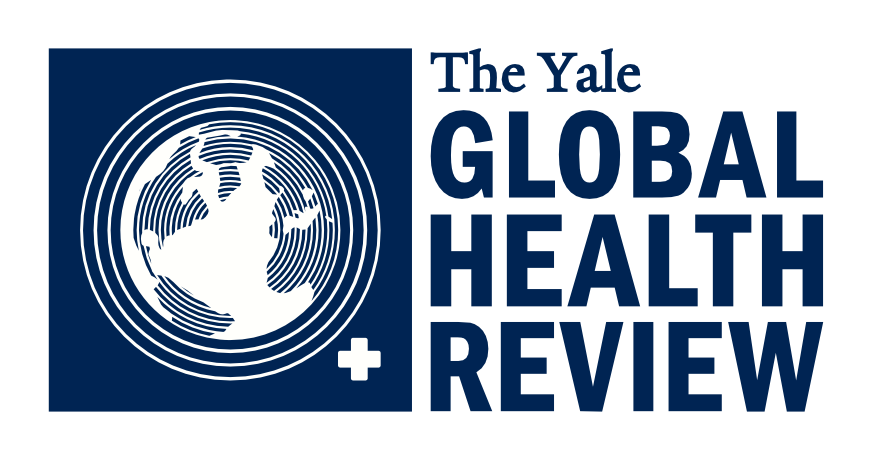Access to Essential Medicines as a Human Right: Addressing Inequities in Sub-Saharan Africa
BY KAI ELLIS At the end of 2024, approximately 1.4 million children aged 0 to 14 were living with HIV worldwide.1 Strikingly, the vast majority of these children resided in sub-Saharan Africa, where limited access to antiretroviral therapy continues to determine life expectancy and quality of life.2 Access to essential medicines is not merely a…
Essential but Unaffordable – Why Medicines Old and New Remain Out of Reach
BY SHARNA SAHA The refrigerator hums softly behind the pharmacy counter, its shelves lined with neat rows of insulin vials. The liquid inside is colorless, unremarkable — yet for millions, it is the difference between life and death. At the register, a plastic insurance card slides across the counter; the receipt that prints moments later…
The Ongoing Battle for LGBTQ+ Human Rights in the United States
BY SYDNEY KIM Many people have heard the phrase, “that is so gay.” Although it is sometimes dismissed as a harmless joke, it reflects another unconscious way of perpetuating discrimination and outdated societal views from a time when being queer meant being “othered” and seen as unfavorable. During the 1970s and 1980s, the burgeoning modern…
The Impact of Ethiopia’s Program on Reducing Mother-to-Child HIV Transmission
BY RADIATE FASIL & FADHINA PETIT-CLAIR Introduction Mother-to-child transmission (MTCT) of HIV remains a significant global health challenge. MTCT can occur during pregnancy, labor, delivery, and breastfeeding, and over 90% of children with HIV are believed to have contracted the disease through one of these routes. Without breastfeeding, MTCT occurs in 15–30% of cases; however,…
Prostate Cancer in Africa: When Silence Becomes a Death Sentence
BY ABDUR RAHMAN-OLADOJA Across much of sub-Saharan Africa, prostate cancer unfolds quietly, away from the urgency and visibility that other global health crises often command. It is the most commonly diagnosed cancer in African men, yet among the least resourced. This disparity reflects not only infrastructural shortcomings but also systemic neglect—an imbalance that exposes the…
The Hidden Cost of Conflict: Cholera Amidst Humanitarian Crises
BY PAIGE MAHONEY Born from the waters of the Ganges Delta in India, cholera has been intertwined with human history for millennia. Early Indian and Greek texts give some insight into when the disease first reared its ugly head, but it was not until the 19th century that cholera gained its reputation as a killer…








